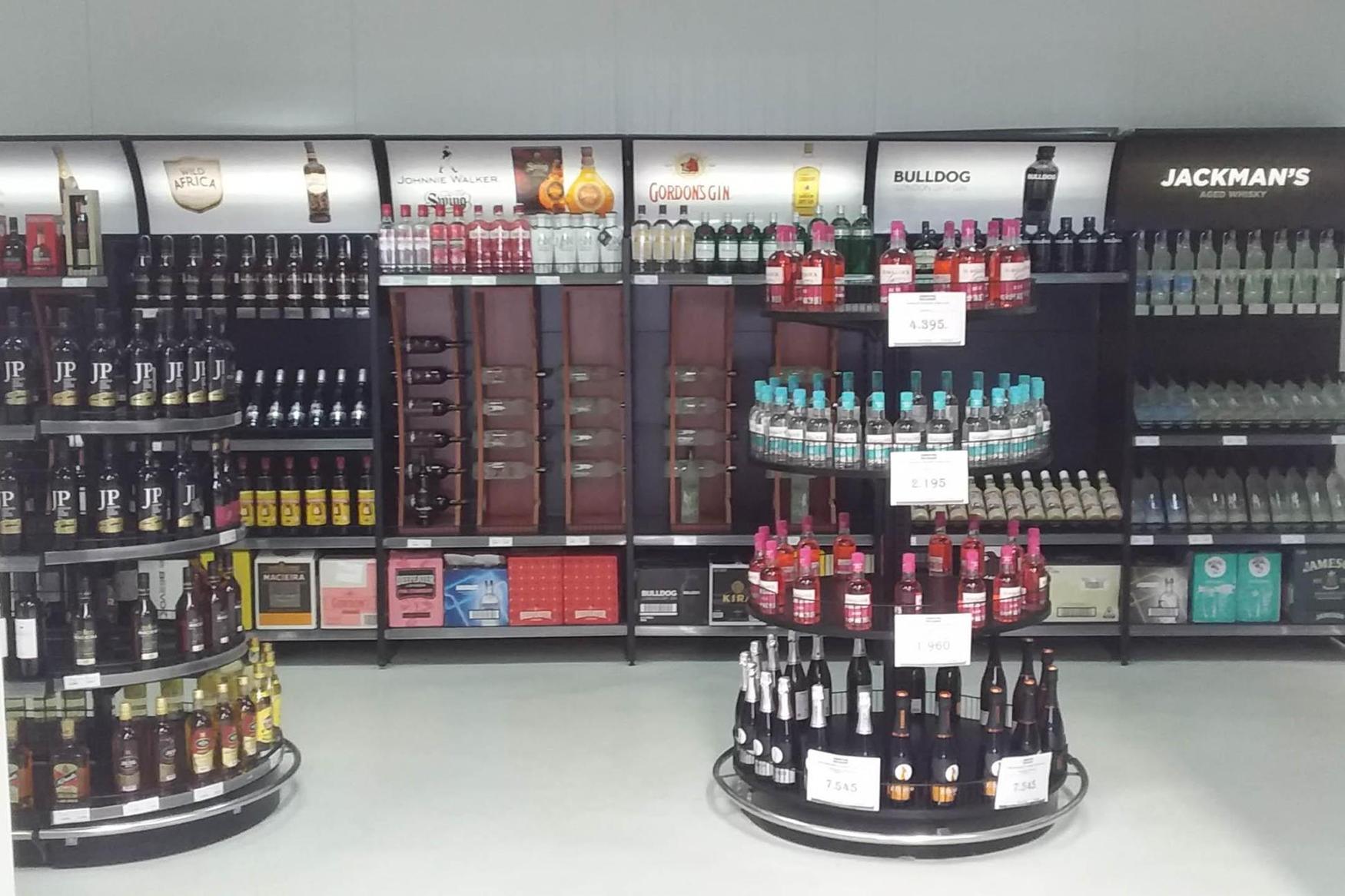Africa-Press – Angola. About 83% of economic operators that produce, distribute and sell alcoholic beverages, as well as tobacco, agree with the application of high security tax stamps on these products, with a view to preserving the health of consumers.
According to the socio-economic study on “The impact of the mandatory introduction of tax stamps”, prepared by the Center for the Study of Legal, Economic and Social Sciences at the Agostinho Neto University, the research was based on a survey that covered 160 entities, including producers , distributors, wholesalers and informal market vendors.
The study also indicates that around 91% of economic operators are unanimous that the measure will purify the market and the health of consumers, protecting them from counterfeit and smuggled products, in addition to controlling the correct payment of taxes in the sectors covered.
In addition, the respective survey also shows that 88.3% of economic agents say that, despite the need for adaptation, associated with sealing, the measure is a unique opportunity to assert themselves in the market.
The application of tax stamps on alcoholic beverages, spirits and tobacco is aimed at economic operators covered by the National Program of High Security Tax Stamps (PROSEFA).
Effective as of July 11, 2023, the program requires that alcoholic liquids, tobacco and manufactured substitutes destined for the national market must be sealed, both those produced in the national territory and those imported.
From this date onwards, a period of 180 days will begin, intended to dispose of products that are in stock on the day the obligation begins and that do not yet have the tax stamps.
To this end, economic operators must inform the AGT of their stocks, before the entry into force begins.
However, since the implementation of the program is phased, initially, beers, ciders and sugary drinks will be excluded, which should be covered by PROSEFA from 2024.
Tax stamp acquisition model
To acquire the high-security tax stamps, economic operators must register on the PROSEFA platform, https://prosefa.minfin.gov.ao/prosefa/, and wait for the General Tax Administration (AGT) to approve them as an economic operator operating in the sectors covered by this programme.
After proper registration and approval, the economic operator must choose the types of stamps and request their purchase. The purchase request is also approved by the AGT, upon analysis of the economic operator’s compliance with tax obligations.
Once approved, the invoicing process, production and dispatch of the stamps are the responsibility of Imprensa Nacional.
In the process of purchasing stamps to be used in the national territory, the economic operator can choose to pick up the stamps purchased at the National Press or receive them at a specific location.
If the address where the seals are applied is outside national territory, the goods will be delivered to the customs office closest to the destination, with the economic operator being responsible for customs clearance costs.
PROSEFA is an instrument against fraud and unfair competition, which aims to prevent counterfeit and smuggled products, ensuring the protection of public health and the well-being of citizens, in accordance with Presidential Decree No. 216/19, of 15 July .
Among the benefits of this program are the information on the authenticity of what is being sold, the increase in confidence in the products consumed, the reduction of illegal operators operating in the market, protection against counterfeit and smuggled products.
Other relevant benefits resulting from PROSEFA are the growing formalization of sectors that are strategic to the national economy and, mainly, the direct benefits for public health with the reduction in the consumption of harmful products, dangerous to human life.
For More News And Analysis About Angola Follow Africa-Press






